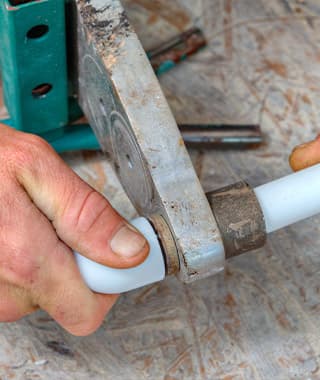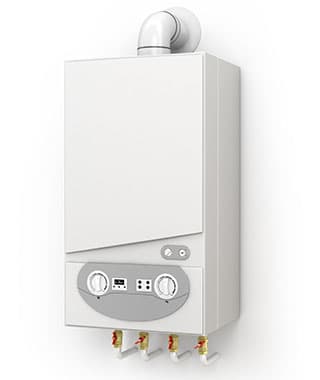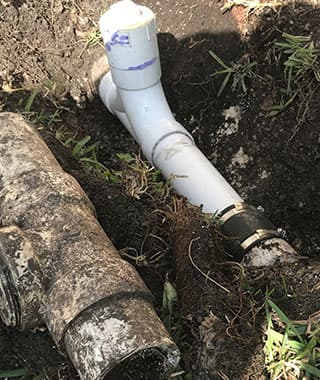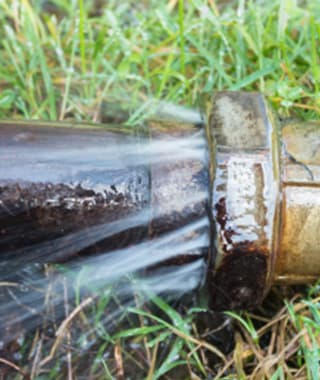It is incredibly important to know how to spot a problem with a water line before it becomes a major issue.
Upon noticing a problem you should contact a professional right away. Without knowing what to look for, water line problems can spiral out of control leaving homeowners with serious issues far beyond their control.
WHAT ARE COMMON PROBLEMS ASSOCIATED WITH WATER LINES?
- Plugged lines: Plugged lines often come about in drain lines, where any type of obstruction can enter. Plugged lines can also occur in the water lines themselves, preventing them from distributing water to your home. This problem is especially common if the pipes are old and corroding.
- Leaks: Leaks also happen when there is excessive corrosion and the pipes begin to break down, this is very common in pipes that were not installed properly.
- Hard water: Hard water is created by a build-up of elements, like calcium and magnesium in your water, and it can quickly cause lime scaling inside of your lines or in the hot water heater, which can lead to other, more serious problems.
SIGNS THAT YOU MAY NEED A REPAIR
- The first sign to look for to determine whether a repair is needed is the presence of hard materials in the water. If the pipes are breaking down or if the lines are excessively plugged, you may notice slight discoloration.
- Another thing to look for is a change in the smell or taste of the water.
- Finally, if the lines are leaking, you may see evidence of that leak inside your home. If the lines leak outside of the home, you might never see the water, but you will likely notice a rise in your water bills.
SIGNS YOU NEED REPLACEMENT
- While repairs can be done in the above situations, the line may also need to be entirely replaced if the diluted solids become too prominent, meaning that there is a lot of debris in the water and the pipe is no longer functional.
- Furthermore, the line should be replaced if a leak is extensive and water is being lost at an exponential rate.
- Finally, if you have older clay pipes, the lines may need to be replaced and repair work will likely follow, as attaching new pipes could crush the old ones.
WHEN DO YOU NEED HIGH OR LOW-PRESSURE LINES?
In most cases, people do not have issues with water lines that are operating at an extremely high rate of pressure, but you may need low-pressure lines if the force of your water is too powerful, which can damage fixtures inside your home and make the water difficult to use.
On the other side, you may need high-pressure lines if you have a large home or if you are adding an addition to an existing residence.










